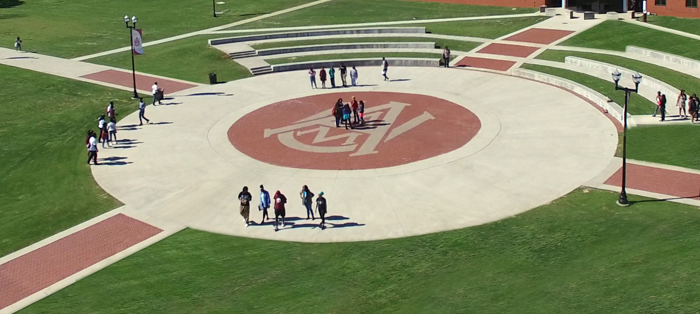Medicine
Physicians diagnose and treat acute and chronic illnesses; they also help prevent disease from occurring through primary care, public health, and generally educating patients about healthy lifestyles. They are general practitioners, surgeons, and specialists. Physicians are often also involved in research, teaching, leadership of health care organizations, and public policy formation.
What are medical schools looking for?
Academic Readiness
Successful applicants can show that they were exceptional students in college, generally attaining a grade point average of around 3.6 in the sciences and overall. Along with good grades, letters of recommendation and activities must attest to a high level of engagement in classes and other activities such as research and/or working as a teaching assistant, or study abroad.
Experiential readiness
Admission committees look to letters of recommendation, interviews, and the list of applicants’ activities for evidence of several non-quantifiable qualities. Among these are communication and interpersonal skills, commitment to service, knowledge of the field, cross-cultural understanding, and innate intellectual curiosity.
Undergraduate Majors
At AAMU, you can major in almost anything and be premed. Medical schools are not concerned with the major you choose as much as they are with the reasons for your academic choices and what you learned in college. As long as you complete the premedical requirements, you are encouraged to pursue a major that is interesting to you.
Visit the Association of American Medical Colleges website for more information on core competencies for entering medical students.
